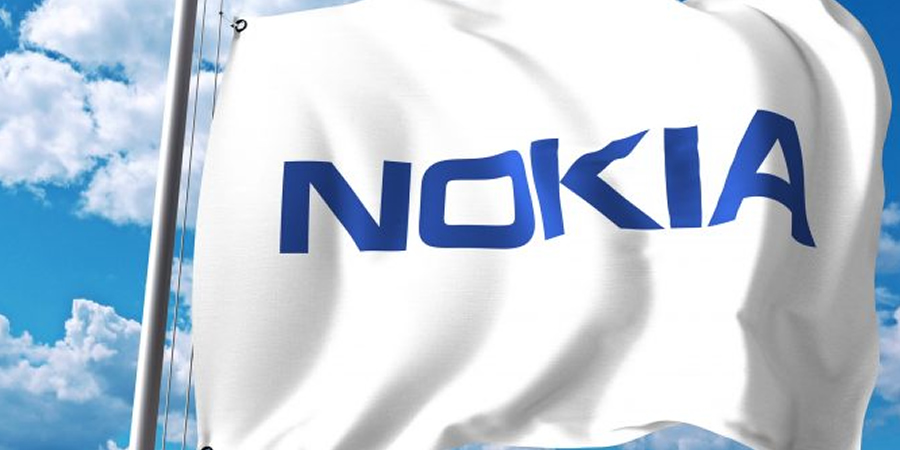In advance of Mobile World Congress, Nokia today announces a raft of enhancements to its Anyhaul transport portfolio that help operators prepare their networks for 5G by delivering throughput speeds of up to 25 Gbps to base stations.
The launches span microwave, optical, IP and broadband technologies within a carrier Software Defined Networking (SDN) transport architecture. This simplifies the integration of transport with cloud-based radio access and core networks, thereby enabling an automated end-to-end 5G network slicing and service provisioning system.
Nokia Anyhaul is the industry's most extensive range of transport solutions. These solutions can be rapidly and dynamically provisioned to support the massive connectivity, extreme low latency and very high throughput demands of 5G services.
Programmability and automation dynamically create transport network slices to quickly and cost-effectively match diverse application and user needs with end-to-end service delivery guarantees.
The Nokia Anyhaul portfolio enables operators to deploy the optimal mix of transport technologies to create a flexible fabric that matches their unique network and business needs.
The new Nokia 1830 Versatile WDM Module (VWM) Translation Line Unit (TLU)-200 provides high density wavelength translation at 10 Gbps and 25 Gbps speeds. Purpose-built for Cloud RAN and Edge Cloud requirements, it simplifies operations and improves reliability of fronthaul connectivity for 4G Common Public Radio Interface (CPRI)/Open Base Station Architecture Initiative (OBSAI) and 5G eCPRI data.
A new, compact interconnect router, the Nokia 7250 IXR-e, is purpose-built to support 5G and edge cloud requirements at or near base stations with 1/10/25/100 GE interfaces. The 7250 IXR-e features a compact architecture with efficient cooling and optimized space efficiency for minimal installation costs. It complements the previously released 7250 IXR-R6, which also supports 5G requirements and 1/10/25/100 GE interfaces.
A proof of concept of Nokia Broadband Anyhaul 25G Passive Optical Network (PON) demonstrates the viability of building on existing fiber infrastructure to offer 25 Gbps speeds. Co-existing with 2.5G and 10G PON technologies, 25G PON enables more radio access sites to be connected on the same fiber to reduce costs.
Nokia has successfully trialed 25G PON proof of concept with T-1 operators in North America and Japan in January 2019.
Jimmy Yu, Vice President at Dell'Oro Group, said: "Mobile backhaul has always been done with a variety of transport technologies to balance the needs of performance, time, and economics. This will continue with 5G, and for this reason, operators will need an assortment of transport technologies-microwave, optical, IP and PON-that suit their unique requirements in 5G fronthaul and backhaul. The rollout of 5G has just started this year and if our predictions are correct, demand for 5G backhaul transport systems (not including fiber) will begin ramping in a year's time and surpass $1 billion of annual sales in the following two years."
Phil Twist, VP of Networks Marketing and Communications, at Nokia said: "Our Anyhaul portfolio is a key element of the Nokia 5G Future X architecture, which equips our customers to take advantage of the promise of this next generation of network technology. Nokia Anyhaul has been deployed globally and is now being selected in countries such as the US, Japan, China, and South Korea where we are helping the fast-movers transform to 5G. The expertise and invaluable best practices we gain will further simplify and reduce risk for other operators as they move to 5G."










